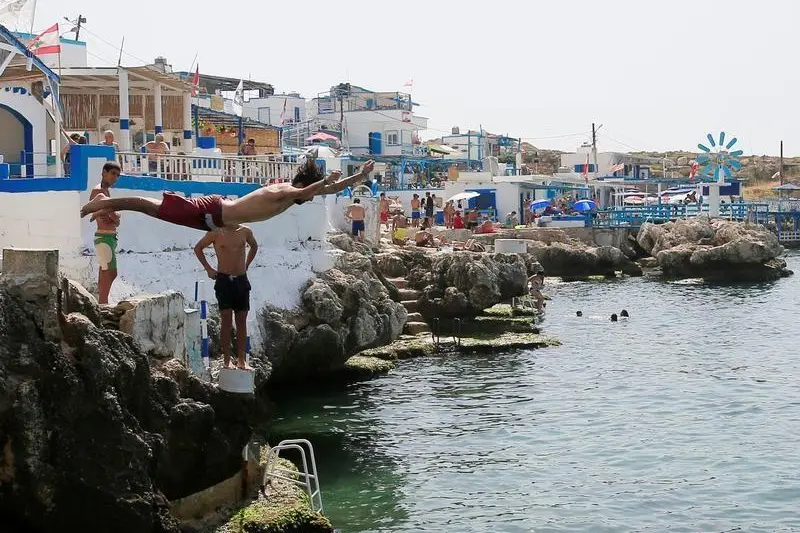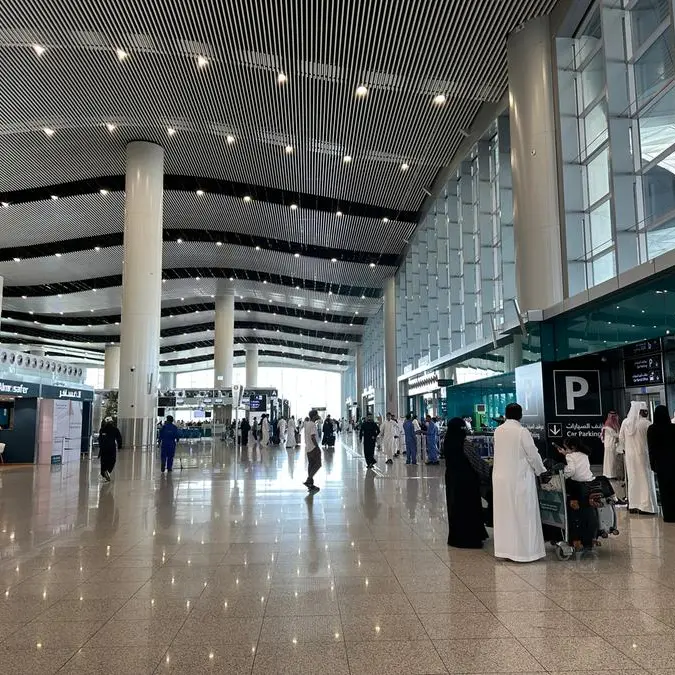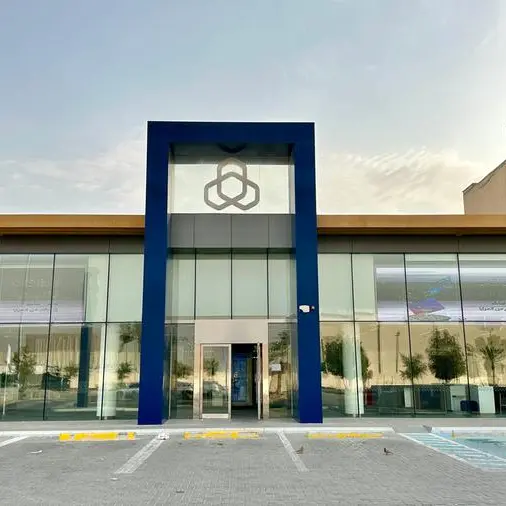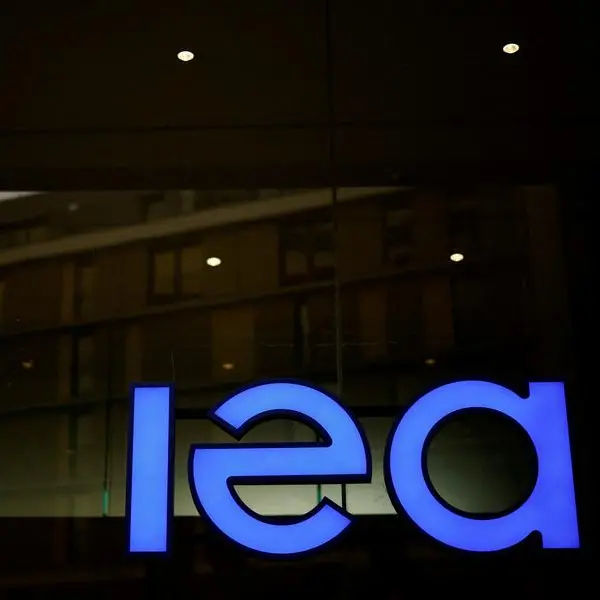PHOTO
University project goes viral, creating a reluctant entrepreneur
Antoine Sayah is learning how to actually build a business. Two years ago, he was an undergraduate studying architecture and working on an assignment for a design class. Students were tasked with building a product that was "useful in your everyday life," he recalls. A Jounieh native, Sayah loves the beach. He made a foldable beach mattress with a triangular headpiece for comfortable lounging which offers far more than just support. With an embedded 7-watt solar panel, it has USB ports for charging electronics (tablets, mobile phones, etc.) and a small refrigeration system to keep beverages cold (with 2-liter storage on the standard-sized model). For a year after he passed the class, he used his crude prototype to tan in his garden at home, he says. Friends kept encouraging him to make more and sell. By July 2015, he was convinced and started marketing the product - dubbed Beachill - on social media (mainly Facebook and Instagram).
He was overwhelmed by the response and soon drew the attention of local and international media. He received interest from around the world, he says. Indeed, Beachill's second Facebook post garnered the comment: "Please inbox the price... and is there shipping to Egypt". Speaking to Executive in mid-May 2016, Sayah explains with a "not-sure-if-you-know-this" tone that shipping individual units with a commercial delivery service is expensive. From a cost standpoint, he would need to ship an entire container, a scale of production he had not yet reached. He did, however, manage to export dozens of units to Australia and the U.S.A., though he concedes that "the shipping cost more than the mattress itself." Between July 2015 and June 2016, he says production expanded from 21 units per week to 200 per week under a contract with a manufacturer with whom he is friends. Six of the manufacturer's 50 employees are now working exclusively on Beachill units, Sayah says, noting that raw materials are imported with each unit being hand made in Lebanon.
The exposure helped him learn, he says. Sayah claims that early on, a client in Dubai wanted two cargo containers of Beachills. While he wasn't able to fill the order, he got a lesson in fabrics. "I learned a lot more about how to develop the product," he says. With a desire now to focus first on building his brand in Lebanon, his thinking on local distribution has also evolved. In May, he chafed at the idea of distributing through retailers. "They'd have to take their cut," he said, explaining that the $150 price tag on a Beachill was already a bit high, he felt, and he had aimed to sell it for more, not less. He spoke of personally manning kiosks at beach resorts or malls, maybe even renting space for his own dedicated outlet. When Executive checked back in with Sayah in late June, he was days away from meeting with a major local retailer in the outdoor goods segment. Explaining that renting involves a long-term commitment (three to five years) and more overhead than the business can afford (especially considering he expects sales to be strictly seasonal), Sayah concludes, "I can give away $10" for the retailer's margin, "It doesn't matter if I'm selling more units."
He's sold around 500 units to date and is working on building up stock and working out local distribution kinks. He also still eyes expansion to Dubai by September but hasn't made any concrete moves in that direction yet. Indeed, Sayah says there still isn't a corporate entity behind Beachill, something that should change soon as he prepares to incorporate with the six-person team of friends he has assembled. To date, Beachill's sole investor is Sayah's dad. He's had plenty of offers from potential investors, he says, but everyone wanted to buy him out, taking more than 50 percent of his company in exchange for a capital infusion. He says he's keen to pursue debt finance to fuel growth unless he can find a strategic investor with more to offer than cash. "[Potential investors] are only offering money," he says. "I can take a loan from a bank."
Matt NashMatt is Executive's Economics & Policy Editor. He has been reporting on Lebanon and regional issues for seven years, particularly specializing in oil and gas, politics and legal matters.
© Executive 2016





















